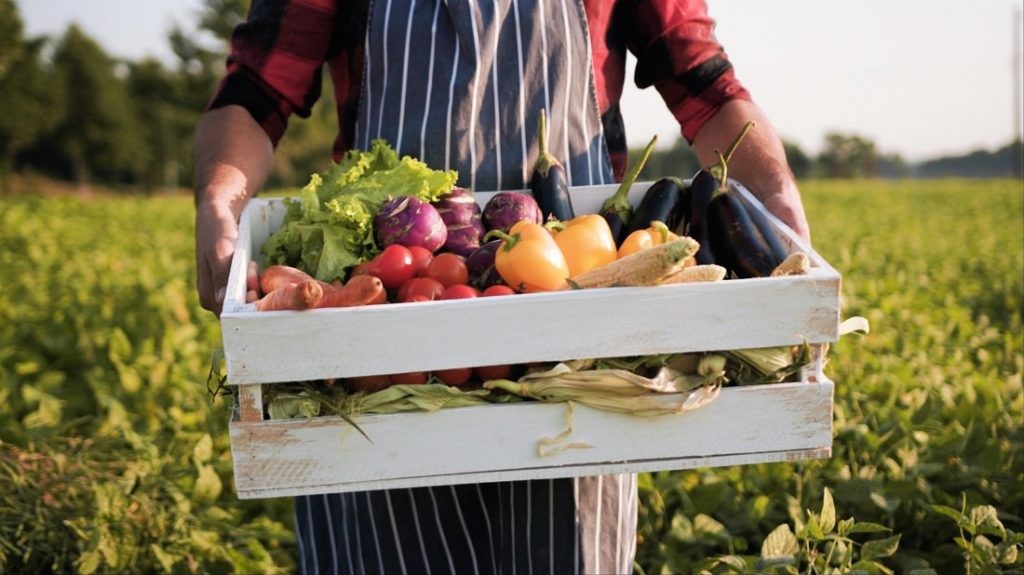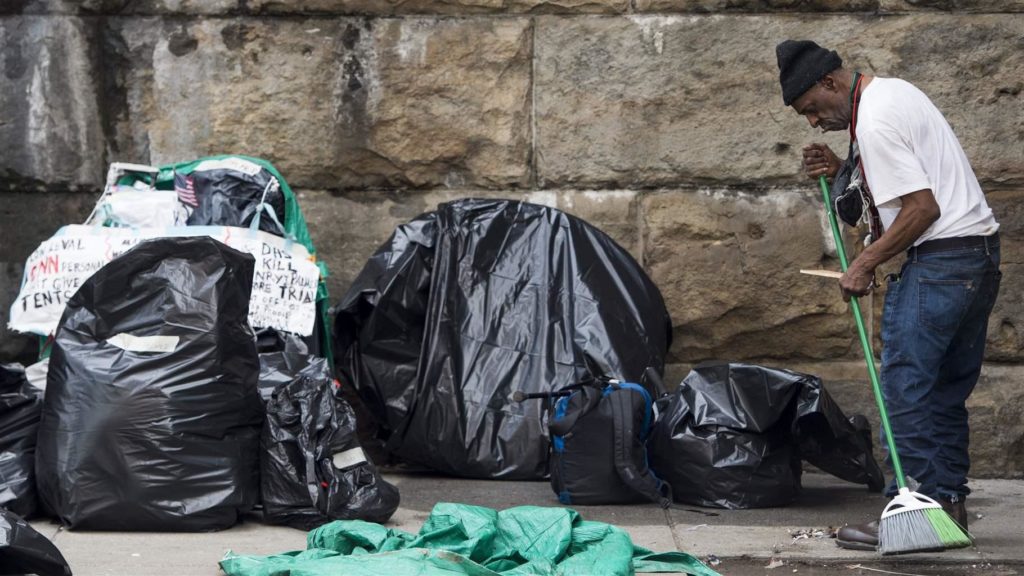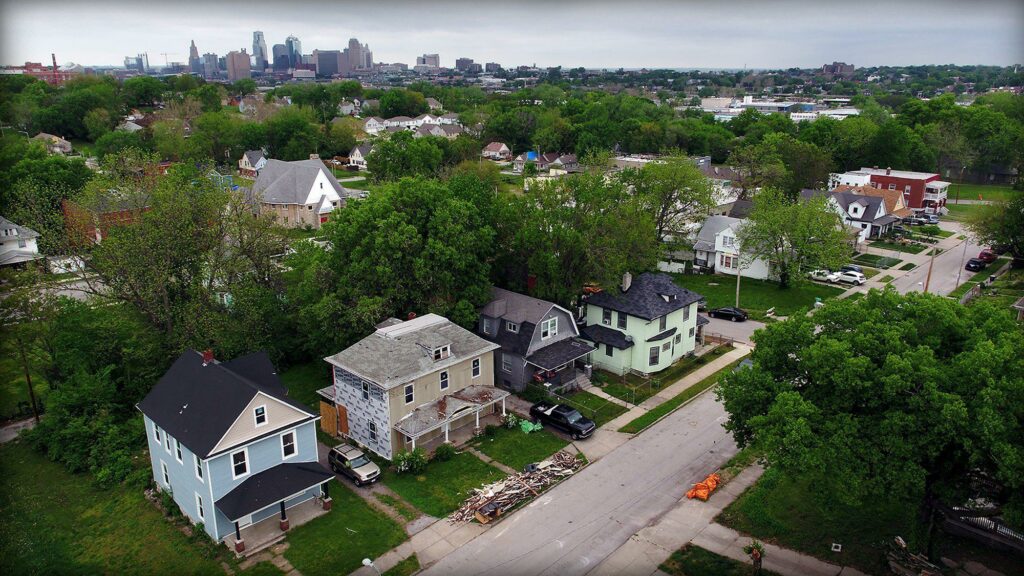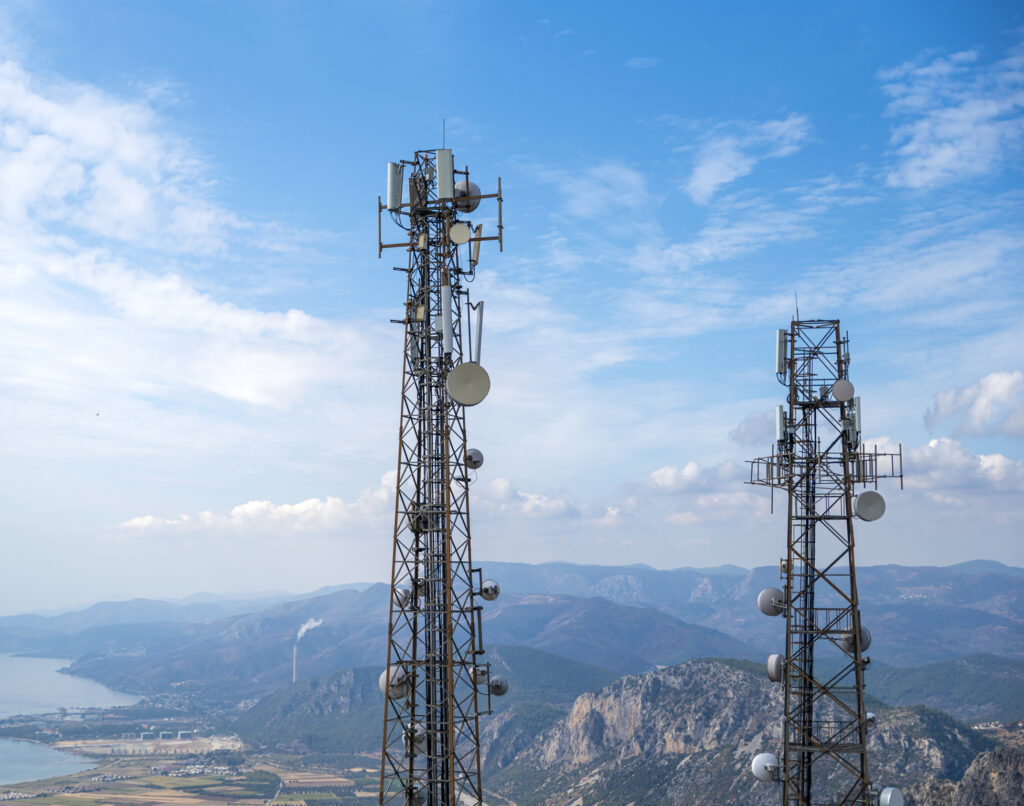
Optimizing Case Management to Support the Resentencing of Over-incarcerated Individuals
The California Department of Corrections and Rehabilitation (CDCR) is responsible for the incarceration of nearly 100,000 adults, operating the second largest prison system in the United States. Los Angeles County (LA County) is the largest contributor to the carceral system in California – with nearly 30% of all adults admitted... Read more

Streamlining Workflows to Support the Release of Over-incarcerated Individuals
The California Department of Corrections and Rehabilitation (CDCR) is responsible for the incarceration of nearly 100,000 adults, operating the second largest prison system in the United States. Los Angeles County (LA County) is the largest contributor to the carceral system in California – with nearly 30% of all adults admitted... Read more

Combating the Digital Divide by Increasing Equitable Access to Broadband Services
The COVID-19 pandemic has exposed long-seated issues with connectivity in Texas, with almost 900,000 residents lacking broadband internet access across the state. In Central Texas, over 37,000 students are without the high-speed internet needed for online learning, and over 50,000 residents in Austin alone do not have use of the... Read more

Designing Small Business Supports to Strengthen Fort Worth’s Entrepreneurial Ecosystem
Small businesses and entrepreneurs, who comprise the heart of the American economy, continue to face challenges arising from the pandemic – predominantly minority-owned small businesses and entrepreneurs of color. Small businesses owned by people of color already face systemic barriers to accessing financing and business resources and are more likely... Read more

Developing Equity-Centered Policies to Reduce Harmful Greenhouse Gas Emissions
The City of Kansas City, like many cities throughout the US, is experiencing the impacts of climate change like never before—through increased temperatures, increased periods of drought, and more frequent flooding. Kansas City generates 18 tons of greenhouse gasses per person (three times the world average). In the early 2000s,... Read more

Catalyzing Innovative Programs and Policy to Restore Food Sovereignty to Birmingham’s Residents
From James Beard award-winning restaurants to the vast Pepper Place Market, where people from across central Alabama convene on weekends to shop for locally grown fruits and vegetables, Birmingham is among the small cities favorited by food lovers and culinary experts across the nation. Unfortunately, not everyone in the city... Read more

Advancing Racial Equity in LA County’s Homeless Services System
Los Angeles County is celebrated for its diverse mix of nationalities, cultures, identities, and languages. This cultural richness is stifled by stark racial and socioeconomic inequities that manifest in disparities in health, economic mobility, housing, and homelessness—particularly for communities of color. Black/African American people made up 40% of the total... Read more

Building a Cohesive Network of Violence Prevention and Intervention Programming in Kansas City
Over the past year, the United States has seen the collision of two major public health crises – COVID-19 and gun violence. Unfortunately, Kansas City has seen the deadly impact of these crises firsthand. Despite some efforts by community groups and government agencies, Kansas City struggles with violent crime and... Read more

Ensuring Equitable Access to Career Development through the West San Jose Innovation Zone
The City of San Jose is known as the Capital of Silicon Valley. With a population of just over 1 million, it is the third largest city in California. Given the region’s proximity to cutting-edge technology companies, there is immense potential to offer residents greater exposure to new education and... Read more

Community-Centered Approaches to Expanding Birmingham’s Broadband Infrastructure
In Alabama’s Black Belt, the digital divide has compounded issues related to racial discrimination, high poverty, and limited access to healthcare services. Nine counties in the Black Belt have less than 30% access to broadband, and even in Black Belt cities with established infrastructure, like Birmingham, many residents face cost... Read more
